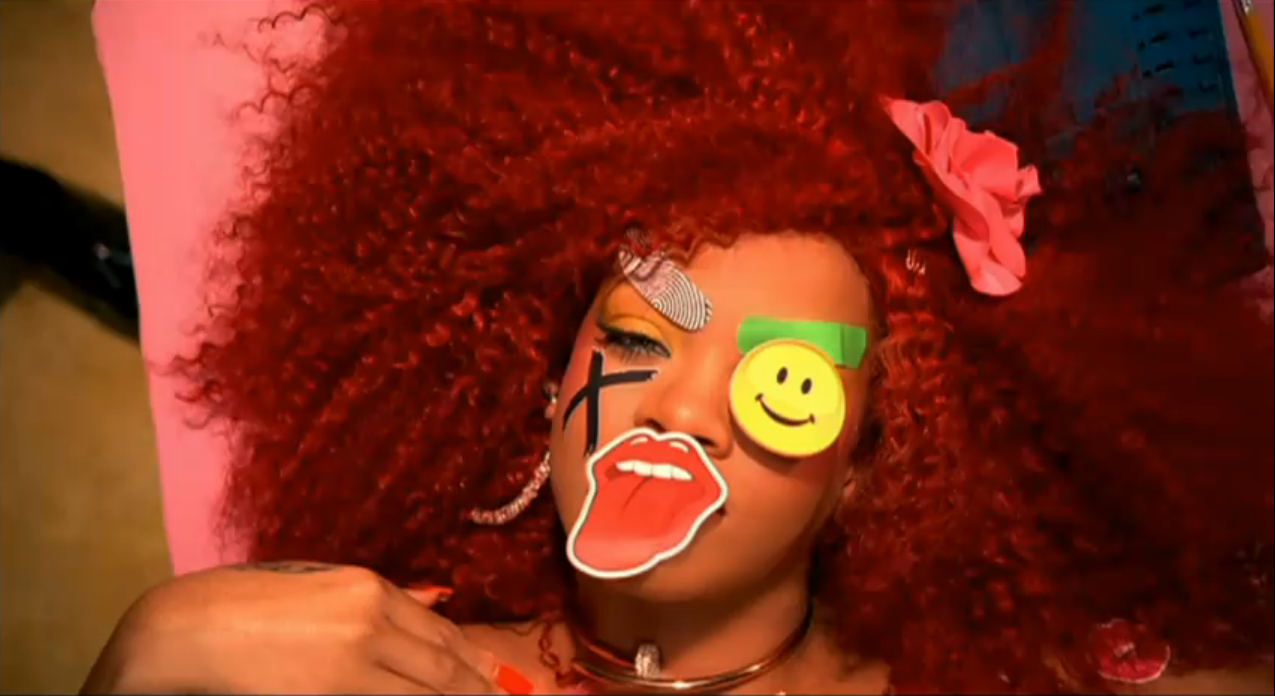
On Jan. 25, pop/R&B artist Rihanna released the fourth single from her latest album, Loud.
The loud dance-pop song, entitled “S&M,” features some of Rihanna’s most scandalous lyrics yet, regarding an apparent fascination with sadomasochism; during the chorus, the singer belts, “Sticks and stones may break my bones / but chains and whips excite me.”
The lyrics alone are enough to incite controversy not only for their highly sexual nature, but for the fact that within them Rihanna, a well-publicized victim of domestic assault, appears to advocate sexual violence.
However, it’s the song’s music video, released Feb. 1, that has critics and fans abuzz.
The video features scenes of Rihanna trapped behind cellophane taped to a wall, whipping bound and gagged extras and walking with guest star Mario Lavandeira (known to the world by his monicker Perez Hilton) as he crawls on all fours in a collar and leash.
Only moments after the video for “S&M” was released, fans and critics began to notice similarities between the video’s design and the photographs of fine art photographer David LaChapelle.
LaChapelle, famous for photographing such celebrities as Madonna, Britney Spears, Lady Gaga and even Rihanna herself, soon responded to the rising accusations of plagiarism. After he reportedly received phone calls from fans and critics complimenting him on what was assumed to be his work, LaChapelle tweeted, “@PerezHilton @rihanna The next time you make a David LaChapelle music video you should probably hire David LaChapelle.”
Lavandeira responded to LaChapelle’s tweet by claiming that he did not direct the video and was not responsible, and in fact posted a side-by-side comparison between stills from the video and photographs from LaChapelle’s repertoire on his website, which furthered the plagiarism accusations.
Rihanna and the video’s director, Melina Matsoukas, have remained silent regarding the accusations. Matsoukas, who previously worked with Rihanna on such videos as “Rude Boy,” “Hard” and “Rockstar 101,” has only spoken with regard to the video’s extreme content. In an interview with MTV the director claimed, “When I go out to make something, I kind of go out with the intention to […] make something provocative. So when you do something that’s provocative, that’s usually a repercussion. It’s gonna be talked about or banned or slandered in some way. But it’s making an effect and people are having a dialogue about it, so, to me, that’s successful.”
On Feb. 14, LaChapelle announced that he was suing Rihanna and Matsoukas on eight counts of plagiarism. The singer and director have not released statements regarding the lawsuit at this time.
Meanwhile, the song and video have continued to garner even more criticism and scandal. The music video has been banned in 11 countries, and the song has been renamed “Come On” by BBC radio. Rihanna responded to the name change via a tweet in which she said, “Are you f*cking kidding me???”
